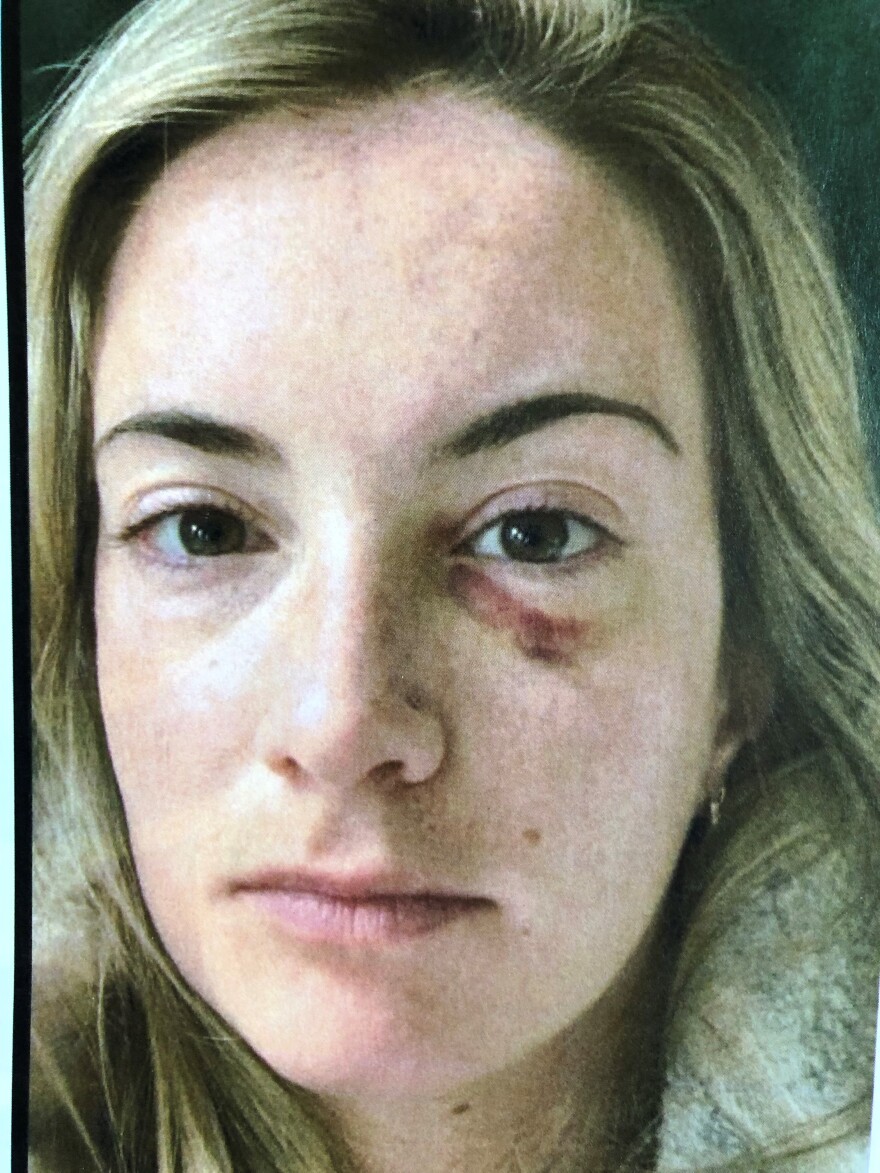Emergency Room nurses at Maine Medical Center say they are being violently attacked on the job and management is not doing enough to protect them.


They say psychiatric patients in the Acute Psychiatric Unit have punched, choked, spit on and kicked them, to the point where some have suffered broken bones and concussions. The nurse also say they petitioned Maine Medical Center management last week to ensure there is two-to-one nurse to patient staffing in the ER and APU and two security guards in the units.
Emergency room nurse Lucy Dawson says violent attacks by patients on staff are increasing, not decreasing and commonsense safeguards are needed to protect nurses on the job.
"These violent and verbal assaults are contributing to our moral distress, our anxiety, our PTSD and our turnover," Dawson says.
The nurses are bargaining their first contract with Maine Medical Center since joining the Maine State Nurses Association. They say they want increased nursing staff, violent patients to be isolated, and shifts in the Acute Psychiatric Unit to be voluntary.
Maine State Nurses Association Union Organizer Todd Ricker says Maine Medical Center management late Wednesday agreed to the staffing change for patients known to be violent, providing two security guards in the Acute Psychiatric Unit, and a total of five security officers staffing its Emergency Department and increasing security in the Acute Psychiatric Unit and Emergency Department.
Maine Medical Center says the Emergency Department is designed for medical crises, not patients with acute behavioral health needs who stay for months.
"They're languishing in our emergency depts. because of their disability...they are homeless individuals who are living in our emergency departments. We need to do better as a state to meet the needs of this population," says Katie Fullam Harris, MaineHealth's Chief of Government Affairs.
The state Office of Behavioral Health says the Governor is committing nearly $7 million of additional funding to inpatient psychiatric treatment and residential facilities in her supplemental budget, which includes a total of $28 million for behavioral health needs and substance disorder treatment.



